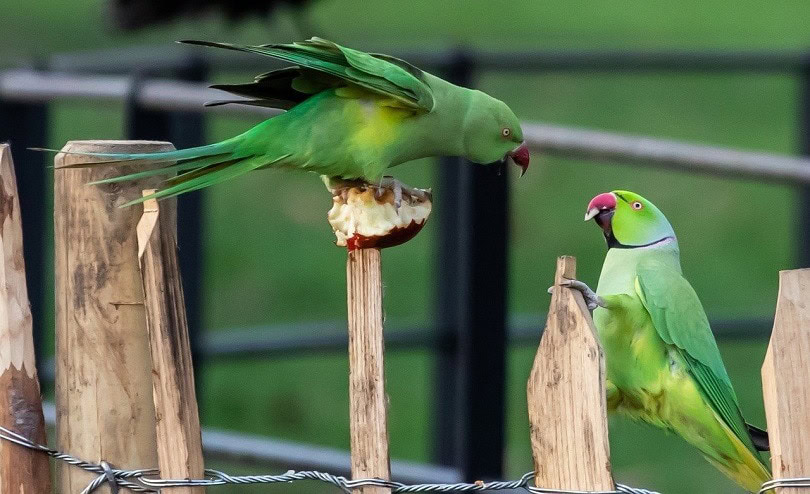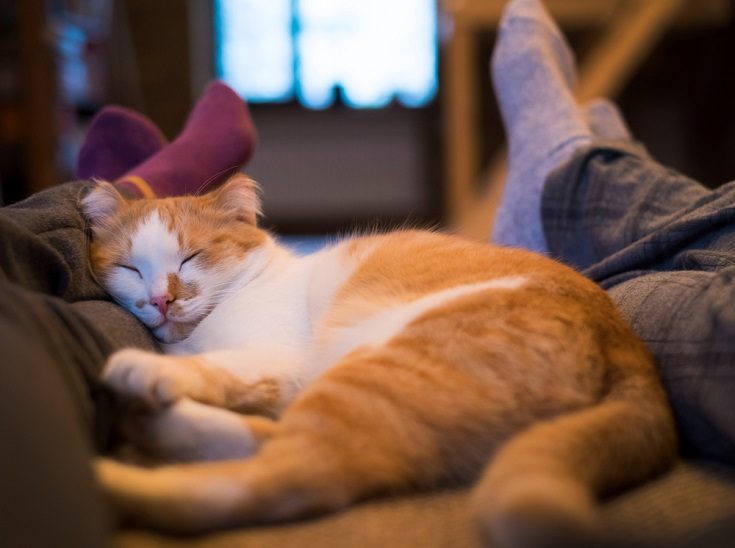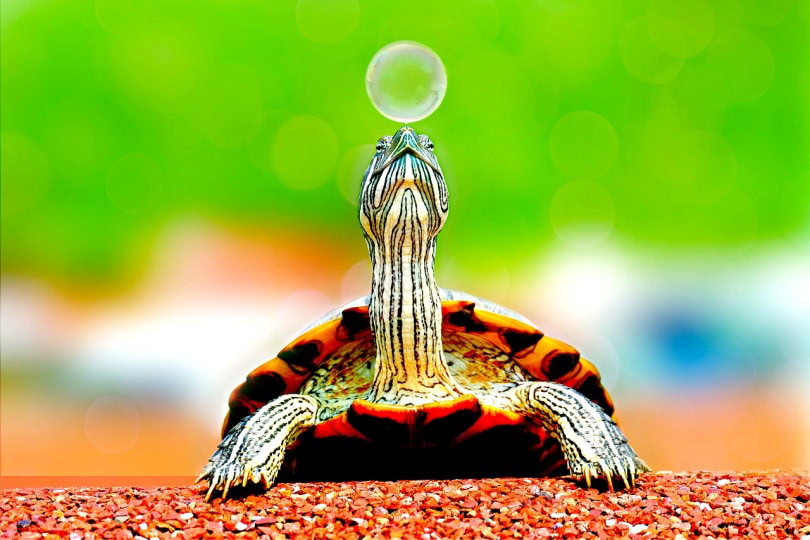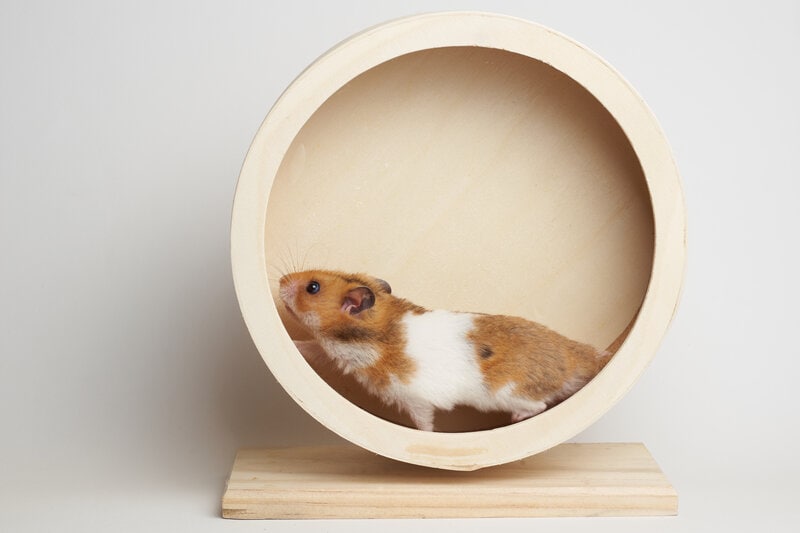Parakeets are full of character, and one of the best things about owning them is how they communicate with us! They are one of the most vocal parrot species, and they’ll always let you know how they’re feeling.
If you’ve been curious about what the sounds your parakeet makes might mean, we’ve rounded up the 10 most common parakeet or budgie sounds and their meanings for you in this article.

The 10 Parakeet Sounds & Their Meanings
1. Whistling

Whistling is a sign that your parakeet is happy and healthy. It is easy to teach your parakeet to whistle, but if you’d also like to teach them to talk, it is best to tackle whistling first. Whistling is easier for your bird to learn, so if they learn how to do it first, they may decide talking is too much effort!
2. Happy Chirps

Parakeets love to chirp, and you’ll have to get to know your bird to figure out exactly what their “happy chirp” sounds like. It means that everything is well in your little bird’s world. In the wild, chirps are used for flock members to reassure each other that everything is well and good. Don’t be surprised if your parakeet chirps away to themselves (and you!) all day long.
3. Chattering

Parakeets love to chatter, which can be less distinct than when talking and pronouncing specific words. It may sound like they’re chattering away to themselves, perhaps practicing a tricky new word that you’ve taught them. A happy parakeet who’s chattering will usually sit on their perch with their feathers puffed up in a sign of happiness.
Male parakeets often chatter to females to gain their attention and affection. They also chatter to their mirrors; of course, the other bird they’re chatting to is incredibly attentive!
4. Singing

Singing is a good sign that everything is well in your parakeet’s world. They may combine chirps, chirrups, whistles, and other parakeet noises into a constant stream of singing. Parakeets sing to each other to show they are safe and content and often do the same for their owners.
5. Beak Grinding

This can be considered a happy and content sound, similar to a cat purring. A parakeet grinding their beak is likely getting ready to settle down for a nice nap.
6. Chiding

This noise sounds like a hiss or “tssk,” and parakeets use it to warn off someone who has invaded their space. If you have multiple birds in one cage and you hear them chiding each other regularly, it may mean they don’t have enough personal space.
7. Unhappy Chirps

The unhappy chirp is a versatile noise that can also be used to signal discontent. Your parakeet may chirp to remind you that their food or water bowls need refilling or simply demand that you pay them some attention. Chirps that become louder and more like a “tweet” noise mean that your parakeet is becoming excited about something going on, whether seeing birds outside the window or seeking reassurance from you or other parakeets they live with. Unhappy chirps can escalate into squawking if whatever has been bothering your parakeet isn’t resolved.
8. Squawking

Parakeets will squawk if they’ve sensed something amiss. They may sense a predator (a cat on the window sill) or are upset that no one has remembered to fill their food bowl. If you have parakeets in the mood for mating, their hormones can sometimes make them squawk. A calming voice can reassure a squawking parakeet, as can covering their cage for a short while.
9. Screaming

Parakeets often make happy chirping or whistling noises, but a scream is an alarm call. Some parakeets might occasionally experiment with making this sound, but if you hear your bird scream, they may be distressed or in pain.
10. Talking

Parakeets can talk by mimicking the sounds that they hear around them. Repeating words can be a great way to get them accustomed to words you want them to say. Talking to you shows that your parakeet is paying attention to you and trying to get your attention! Generally, male parakeets learn to talk more easily than females and often speak more clearly.
See Also:
- Parakeet Colors, Types, Varieties & Patterns (With Pictures)
- Fascinating & Fun Parakeet Facts You Never Knew
Featured Image Credit: TheOtherKev, Pixabay










